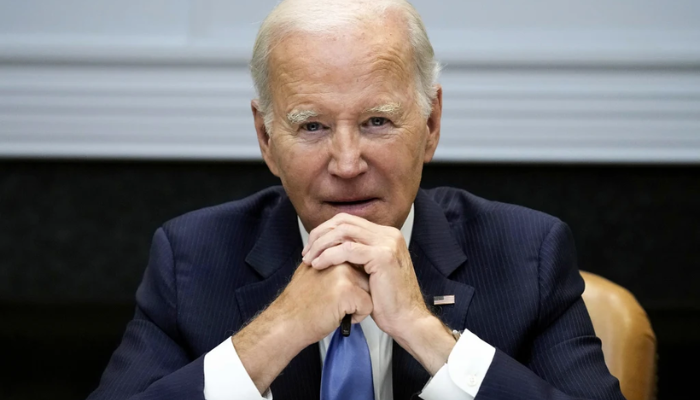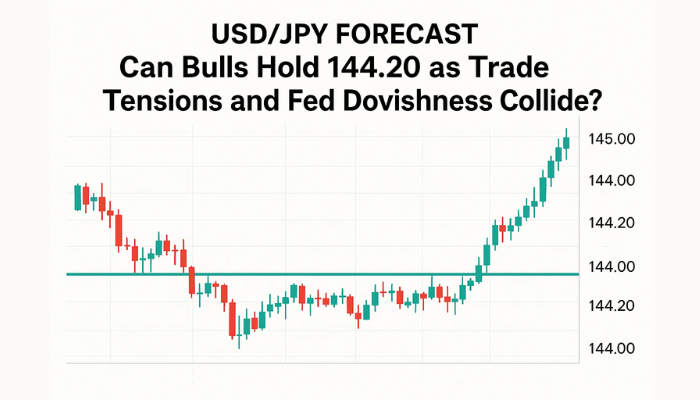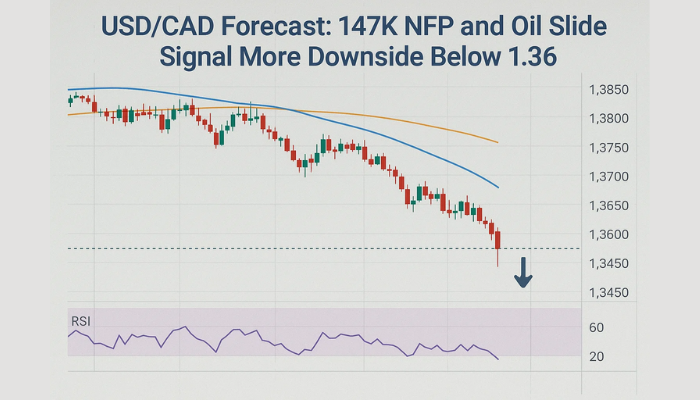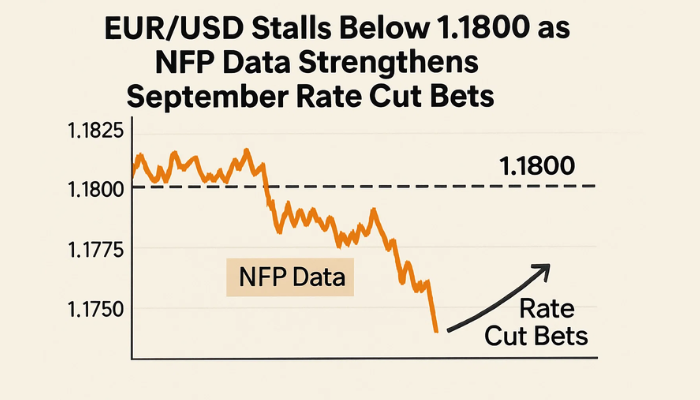Biden’s Proposed 44% Crypto Tax Plan Sparks Strong Opposition
President Joe Biden's government has proposed the contentious notion of levying a 44% tax on bitcoin transactions.

President Joe Biden’s administration has proposed a hefty 44% tax on cryptocurrency transactions, a move aimed at increasing government revenue. However, this proposal has met significant resistance from various stakeholders in the crypto sector. Business executives, lawmakers, and cryptocurrency investors are united in their concern that such a high tax rate could stifle innovation and deter investment in the burgeoning industry.

The cryptocurrency community is particularly alarmed, with some miners considering relocating their operations offshore to escape the hefty tax burden. The fear is that the tax could not only discourage investment but also push the industry to more tax-friendly countries.
Critics, including both business leaders and legislators, argue that the proposal places an excessive strain on the cryptocurrency sector. They advocate for a more balanced approach that would support the growth of the industry while still allowing for some level of taxation that does not hamper innovation or drive the crypto business out of the United States.
Biden’s Crypto Tax Proposal Sparks Concern Over US Innovation and Global Leadership
Critics of President Biden’s proposed 44% cryptocurrency tax are voicing strong objections, highlighting the potential negative impacts on innovation, investment, and the U.S.’s competitiveness in the global cryptocurrency market. Many believe that such a steep tax rate could discourage new entrants from investing in or starting crypto-related ventures, thereby stifling the industry’s growth and profitability.
Concerns extend beyond domestic economic effects; there is fear that high tax rates could push cryptocurrency mining operations to countries with more favorable tax environments. This shift could potentially jeopardize the U.S.’s position as a leader in the cryptocurrency space and raise regulatory and national security issues, especially if central banks begin adopting cryptocurrencies in ways that circumvent traditional Federal Reserve controls.
Clarifying Misconceptions
- Critics misunderstood the proposed tax rate of 44.6% as a direct tax on crypto gains. However, this figure combines proposed increases in the ordinary income tax rate to 39.6% and a 5% increase in the Net Investment Income Tax (NIIT).
- The new tax rates are targeted at affluent individuals, specifically excluding those earning less than $1 million annually.
- An additional marginal rate of 25% applies only to individuals with a net worth exceeding $100 million, affecting a relatively small group.
Despite efforts to clarify these points, the crypto community remains alarmed, fearing that the proposed changes could have far-reaching negative implications for the industry.
Major cryptocurrency companies and key industry figures have publicly opposed the tax increase, arguing it is both excessive and damaging.
This widespread resistance underscores the sector’s collective stance against what is perceived as an unjust tax imposition that could undermine the future of U.S. leadership in cryptocurrency innovation and global market participation.
Navigating the Future: The Ongoing Debate Over Crypto Taxation in the U.S.
The fate of President Biden’s proposed cryptocurrency tax hike remains unclear amid widespread disagreement. The administration is focused on closing tax loopholes and increasing government revenue, but the strong backlash from the crypto community underscores the need for a balanced approach that encourages innovation while regulating the industry.
Crypto advocates are intensifying their lobbying efforts to influence decision-makers, aiming for the adoption of fair, transparent, and growth-friendly regulations. The outcome of this ongoing debate will significantly shape the future of the cryptocurrency landscape in the U.S. and beyond.
- Check out our free forex signals
- Follow the top economic events on FX Leaders economic calendar
- Trade better, discover more Forex Trading Strategies
- Open a FREE Trading Account


